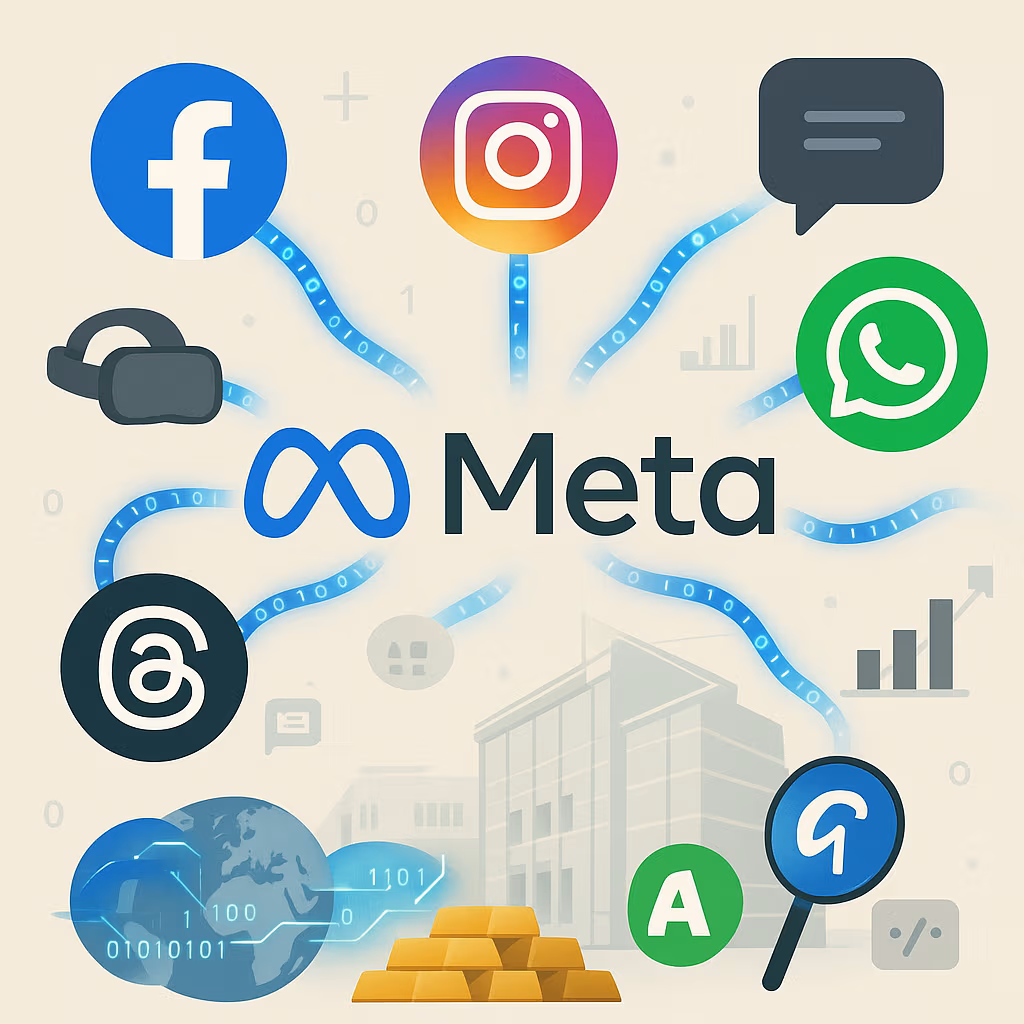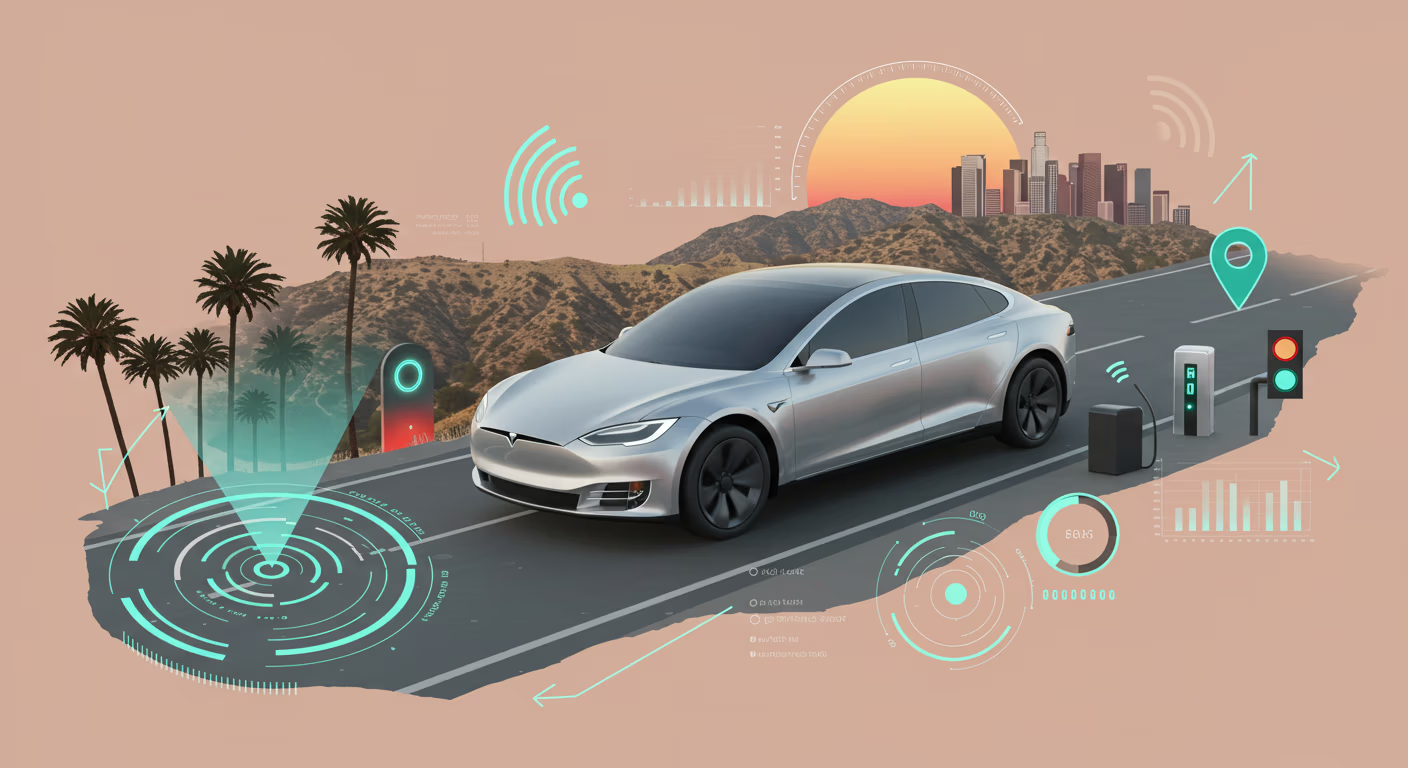When Mark Zuckerberg announced Facebook’s rebranding as Meta in 2021, it was positioned as a bold leap into the metaverse — a new digital frontier where social interaction, work, gaming, and commerce would converge in immersive virtual environments. Fast forward to 2025, and the hype surrounding the metaverse has cooled, AI has taken center stage, and public attention has shifted toward newer platforms and technologies.
So, in this reshaped digital landscape, a pressing question emerges: Is Meta still relevant in 2025?
While the headlines may no longer spotlight Meta daily, the company has undergone a quiet but strategic transformation. It continues to hold influence across multiple domains — from social media and advertising to virtual reality and artificial intelligence — though not always in the ways people expected. Meta may not dominate the metaverse the way it hoped, but it remains a major player in the architecture of the internet and digital communication.
Let’s break down Meta’s journey since 2021 and evaluate where it stands today — and what that means for users, investors, creators, and the tech industry as a whole.
Meta’s Core: Facebook and Instagram Are Still Powerhouses
Despite predictions of decline, Facebook and Instagram remain among the world’s most used platforms. In 2025, Facebook boasts over 2.9 billion monthly active users, many of whom rely on it for community groups, local news, marketplace sales, and family connections. While younger audiences have flocked to TikTok and newer apps like BeReal or Lemon8, Facebook has retained its grip on older demographics and global markets.
Instagram, meanwhile, has reinvented itself multiple times — evolving from a photo-sharing app into a full-fledged social commerce and video content platform. Reels, Instagram’s TikTok rival, continues to thrive, bolstered by creator incentives, integrated shopping features, and Meta’s tight integration of ads into every experience.
These platforms continue to be profit centers for Meta, driving billions in advertising revenue each quarter. Meta has perfected the art of monetizing attention, even as user behaviors change.
The Metaverse Bet: Pivoting from Dream to Reality Check
Meta’s metaverse ambitions were met with equal parts excitement and skepticism. Billions were invested into Reality Labs, the division behind Meta Quest VR headsets and Horizon Worlds — a metaverse platform that has yet to see widespread adoption.
In 2025, Meta’s metaverse vision remains alive but modest. Quest headsets have improved with the release of Meta Quest 4, offering lighter builds, better graphics, and integration with productivity tools like Microsoft Teams and Zoom. Still, mass-market use remains limited to gamers, developers, and niche social communities.
Horizon Worlds has not become the mainstream social metaverse many imagined. User numbers are steady but not explosive. Meta has since downplayed its metaverse narrative in public messaging, shifting focus to AI, content tools, and utility-based experiences.
Rather than abandoning the metaverse, Meta has repositioned it as a long-term vision, investing in infrastructure (like virtual legs and realistic avatars), while accepting that mass adoption may be a decade away.
AI Takes the Spotlight: Meta’s New Front Line
While others raced ahead in generative AI, Meta initially appeared slow to compete with OpenAI’s ChatGPT or Google’s Gemini. But in 2024 and 2025, Meta quietly accelerated its AI strategy — with a strong emphasis on open-source AI and integration into its existing platforms.
Meta’s Llama 3 model, released in early 2025, powers advanced AI tools across Facebook, Instagram, and WhatsApp. These include:
- AI-generated replies and post suggestions
- Content moderation tools
- AI image editing and caption writing for creators
- Personalized shopping assistants
- Customer service bots for business accounts
Crucially, Meta’s AI efforts are tied into its ad ecosystem, making campaigns smarter, more efficient, and easier to launch for small businesses. Meta’s AI tools help advertisers target with precision and generate copy or creatives on the fly — which boosts ROI and retention.
Open-sourcing parts of Llama has also helped position Meta as an ally to researchers and developers, setting it apart from more closed systems like ChatGPT or Claude.
In short, AI has become the new centerpiece of Meta’s innovation story.
WhatsApp and Messenger: Messaging as a Monetization Machine
WhatsApp may be Meta’s most underrated asset. With over 2.5 billion users, it is the default messaging platform in many parts of the world. In 2025, Meta has begun to aggressively monetize WhatsApp through:
- WhatsApp Business tools, offering CRM, payments, and catalogs
- Click-to-WhatsApp ads on Facebook and Instagram
- AI-powered customer service agents
- In-app payment integration in select markets
The rollout of WhatsApp Channels — one-way broadcast channels for creators, brands, and public figures — has turned WhatsApp into a hybrid between messaging and social media. Early adoption has been strong in India, Brazil, and Africa, where WhatsApp dominates communication infrastructure.
Messenger, meanwhile, has taken on more business functions, focusing on customer support, order tracking, and chatbot integrations.
Together, Meta’s messaging platforms are evolving from utilities into commerce engines.
Advertising and Data: Meta’s Profit Engine Keeps Running
Despite regulatory headwinds and privacy restrictions (especially post-Apple iOS tracking updates), Meta’s advertising engine remains robust. Thanks to years of data collection and AI-powered optimization, Meta continues to deliver strong ad performance, particularly for:
- Small and medium-sized businesses
- Direct-to-consumer brands
- Global e-commerce players
New tools allow businesses to create ad content automatically using AI, and performance data is now surfaced in user-friendly dashboards with predictive insights.
Even as competition increases, Meta’s dominance in digital ads persists, second only to Google.
The Identity Shift: Meta as a Utility, Not a Buzzword
Perhaps the biggest change is not what Meta does — but how people perceive it.
In 2021, Meta wanted to be known for the metaverse. In 2025, it’s quietly become an infrastructure company — powering messaging, shopping, AI services, business tools, and entertainment content. Less flashy, but more sustainable.
Rather than fighting for daily headlines, Meta is focusing on retention, monetization, and platform depth. It’s still influential — but in the background, powering how people interact, work, and sell online.
So, is Meta still relevant in 2025?
Absolutely — though in a different way than its grand metaverse ambitions once suggested. Today, Meta is more than Facebook. It’s a multi-platform tech giant that touches nearly every facet of online life: from messaging and commerce to social media and AI.
It may not be as culturally dominant as it was in the 2010s, nor the innovation darling that newer startups have become. But Meta’s core services are more entrenched, its monetization strategies more mature, and its adaptability more proven.
The transformation may have been quiet — but it’s strategic. Meta is not just surviving 2025. It’s thriving — by pivoting, scaling, and integrating itself into the digital fabric of everyday life.





